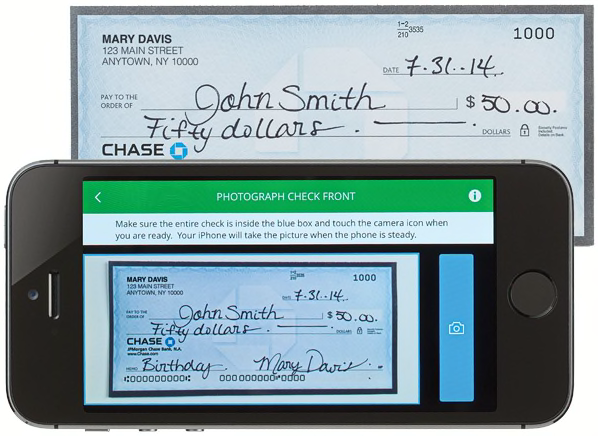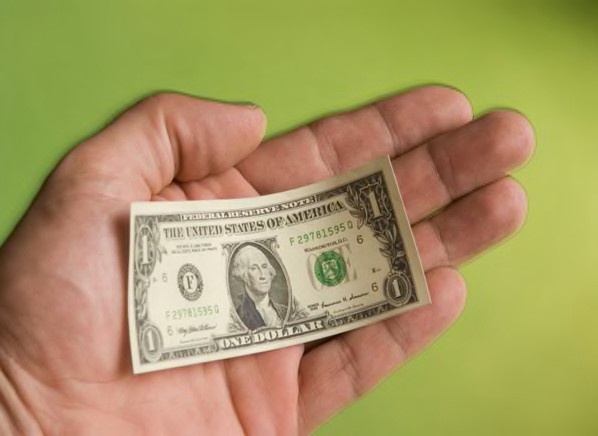Ad-free. Influence-free. Powered by consumers.
Your membership has expired
The payment for your account couldn't be processed or you've canceled your account with us.
Re-activateDon’t have an account?
My account
Other Membership Benefits:
Suggested Searches
Cars Home & Garden Appliances Electronics Babies Deals Money Travel Health & Wellness Kids News All Products A-Z
Explore categories
Cars
All Cars
Cars
Car Ratings & Reviews
Car Ratings & Reviews
Car Buying & Pricing
All Car Buying & Pricing
Car Buying & Pricing
Best Car Deals Now
Best SUVs Under $30K Best Deals on SUVs Best Deals on Fuel-Efficient Cars Leasing vs. Buying Car Loan Advice How to Buy a New Car Now
Member Savings & Tools
Car Buying Guide Build & Buy Car Buying Service EV Incentives Trade-in Estimator Used Car Marketplace
Tires, Maintenance & Repair
Tires, Maintenance & Repair
Key Topics & News
Key Topics & News
Home & Garden
All Home & Garden
Home & Garden
Bed & Bath
Bed & Bath
Lawn & Garden
Lawn & Garden
Home Improvement
Home Improvement
Home Safety & Security
Home Safety & Security
Appliances
All Appliances
Appliances
Small Appliances
Small Appliances
Laundry & Cleaning
All Laundry & Cleaning
Laundry & Cleaning
Ratings & Reviews
Air Purifiers Vacuums Robotic Vacuums Washing Machines Clothes Dryers Washer/Dryer Pairs Pressure Washers Steam Mops Laundry Detergents
Laundry & Cleaning Advice
Don't Use Vinegar Here Cleaning a Dirty Oven How to Reduce Indoor Allergens Repair or Replace: Washer
Heating, Cooling & Air
Heating, Cooling & Air
Electronics
All Electronics
Electronics
Home Entertainment
Home Entertainment
Home Office
Home Office
Smartphones & Wearables
Smartphones & Wearables
Digital Security & Privacy
Digital Security & Privacy
About Us
Take Action























